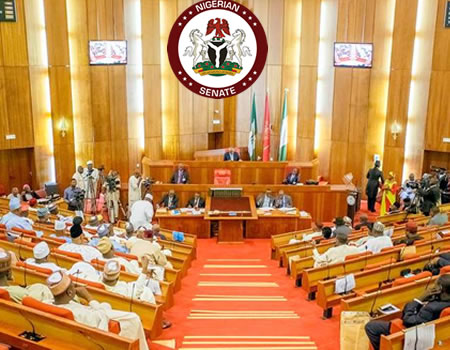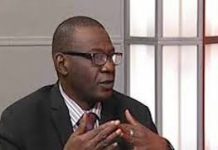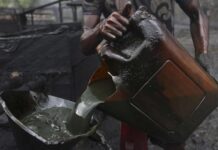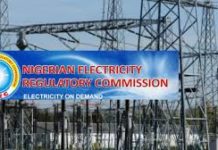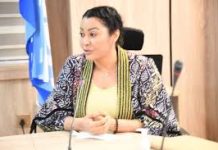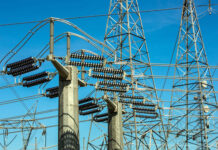Electricity is important for any country to be considered developed in the world because it is a catalyst for progress.
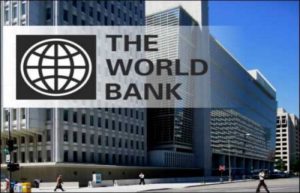
Countries without good electricity supply are regarded as under developed because growth and progress is retarded and this goes a long way to affect the economy adversely.
Nigeria is one of the many countries in Africa, lacking quality electricity supply.
This single situation has forced many manufacturing companies to leave Nigeria while some others have folded up.
Read Also: More Borrowing Pushes Up Nigeria’s World Bank Debt
The startling reality is that most rural communities lack access to electricity because they are not on the national grid.
Additional $750 million Donation
So, in a bid to deepen access to electricity and save Nigeria’s economy from going under, the World Bank has promised to commit an additional $750 million to Nigeria’s Electrification Project (NEP).
World Bank’s Director of Strategy and Operations for Western Central African Region, Elizabeth Huybens, made the remarks while inspecting the 60 Kilowatts Mini Grid Project in Abuja.
The 60 Kilowatts Mini Grid Project of the World Bank, is being implemented by the Rural Electrification Agency (REA) through NEP.
Huybens said: “This is our first national electrification project we see at work here, about $350 million is coming to a close, and we are preparing a successor project that will be $750 million.
“We are definitely extending our support to something that we think is critical and Nigeria is leading the world in small grid development”.
According to Huybens, the Kilankwa project would assist Nigeria in providing access to electricity to more people faster than it could have done by just extending the national grid.
“So, I am very impressed that the grids in small communities work and there is also the foresight to think about how one can fully optimise the use of the electricity generated to expand productive activities.
“Like the rice mill that we have just seen, I hope that in future, we will see a lot more of that,” she said.
Access To Light
The director said that the project was considered because the bank believed that access to electricity by all was one of the most important goals to pursue by any country.
According to her, without electricity, it is hard to think about how communities can live, adding that kids cannot study at night.
“We cannot move toward electric vehicles, if we don’t have electricity. In fact, you cannot even charge your cell phone without electricity.
“So, it is hard for me to think about modern life without electricity and it is hard for me to think about reducing poverty without access to electricity.
Read Also: World Bank Highlights How Government Pushed Nigerians Into Poverty
And since the World Bank’s overarching goal is to help countries eradicate poverty, we need to help them provide access to electricity for its population,’’ Huybens said.
The Managing Director, REA, Mr Ahmad Salihijo, said that the project was currently serving about 300 households and businesses.
Salihijo said that the project was developed by the World Bank under the Performance-Based Grant of NEP.
“This has been operational for some time now. So, we are privileged to have come here with the World Bank team to see how it is performing,” he said.

